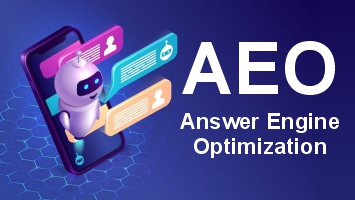You’ve heard of SEO. You’re learning about AEO. But there’s a new player reshaping the digital landscape: Generative Engine Optimization (GEO).
What is GEO?
GEO is the process of optimizing websites for Generative Engines—AI systems like ChatGPT, Claude, Perplexity, and Google’s AI mode. These engines don’t just point to content—they generate new responses by pulling from the most credible sources online.
Why GEO Matters
- AI Engines Are Taking Over: By 2026, most searches will include AI-generated answers.
- Visibility Is Scarce: Unlike Google’s 10 results, AI often shows only 1–3 sources.
- Trust & Authority Rule: If your site isn’t trusted by AI engines, you won’t be cited.
How GEO Impacts Websites
- Shift from Rankings to Citations: Your site’s role is to be chosen as a reference for generated answers.
- Quality and Accuracy Are Crucial: AI favors reliable, structured, fact-based content.
- Global Reach: GEO ensures your website is visible across multiple AI engines, not just search engines.
Optimizing for GEO
- Build structured content with schema.
- Create fact-rich, authoritative content that AI can easily cite.
- Optimize for multilingual and global audiences to expand reach.
👉 GEO is the final evolution of search optimization. If SEO was about being ranked, and AEO was about being the answer, GEO is about being the source of truth for AI-driven engines worldwide.



